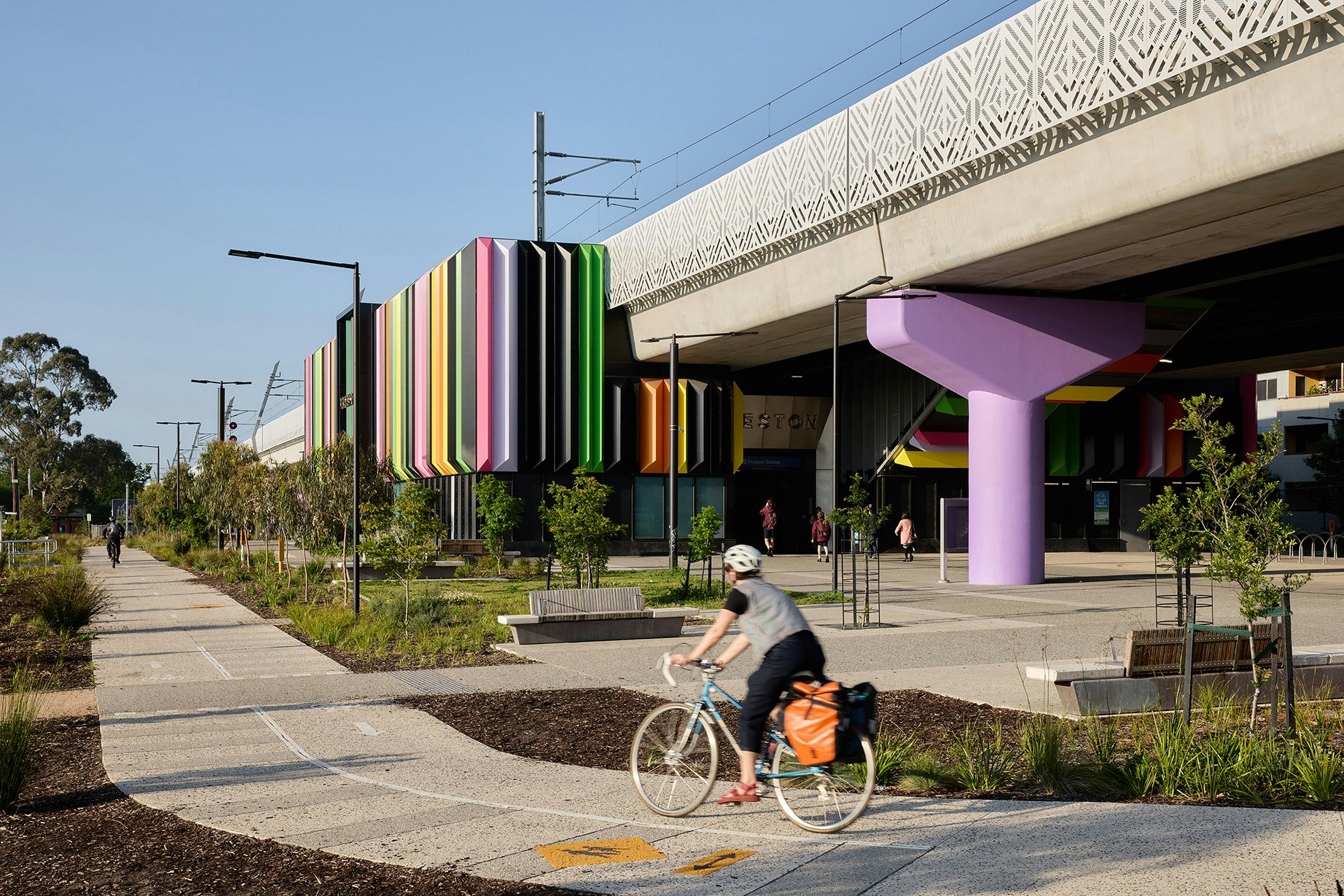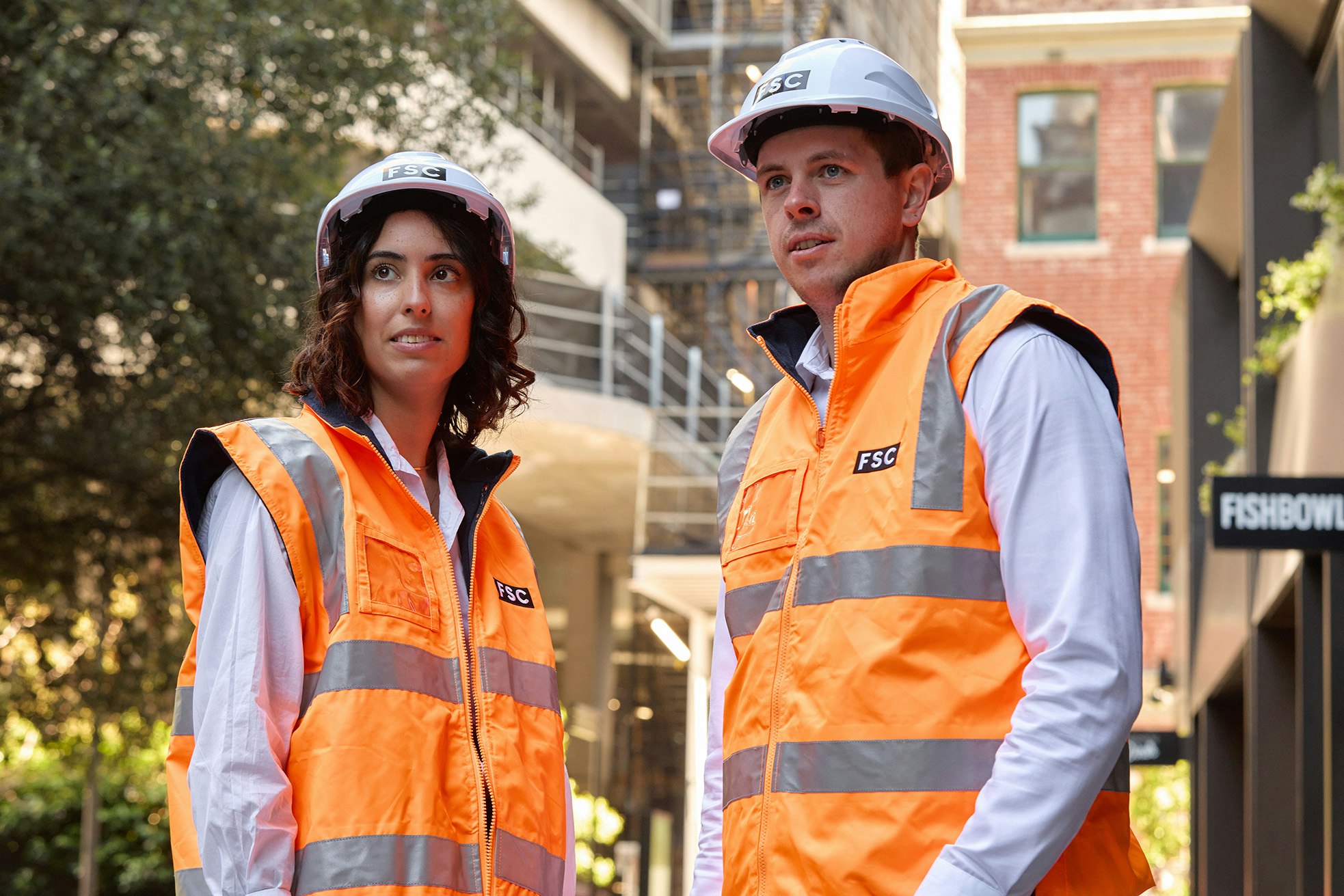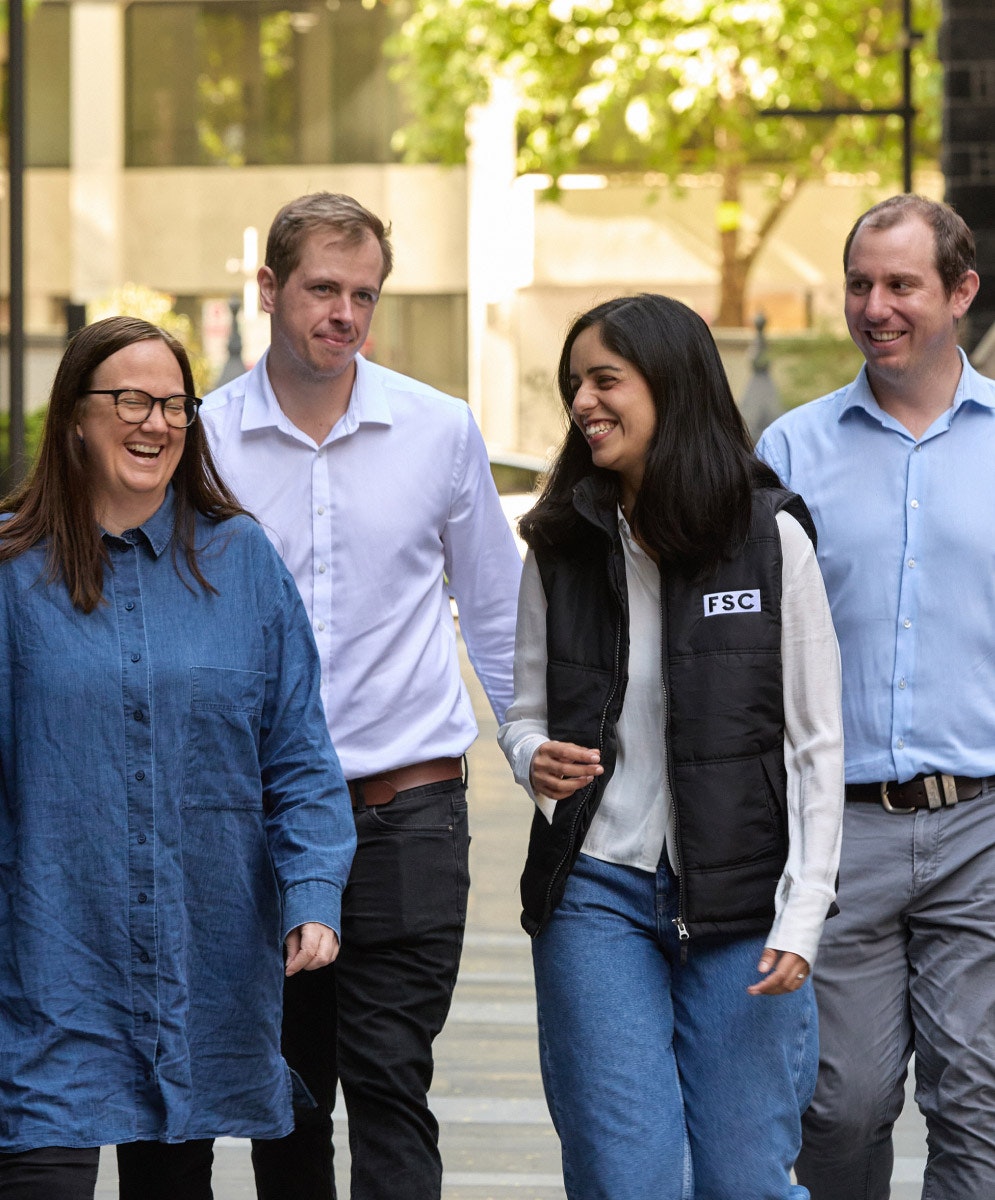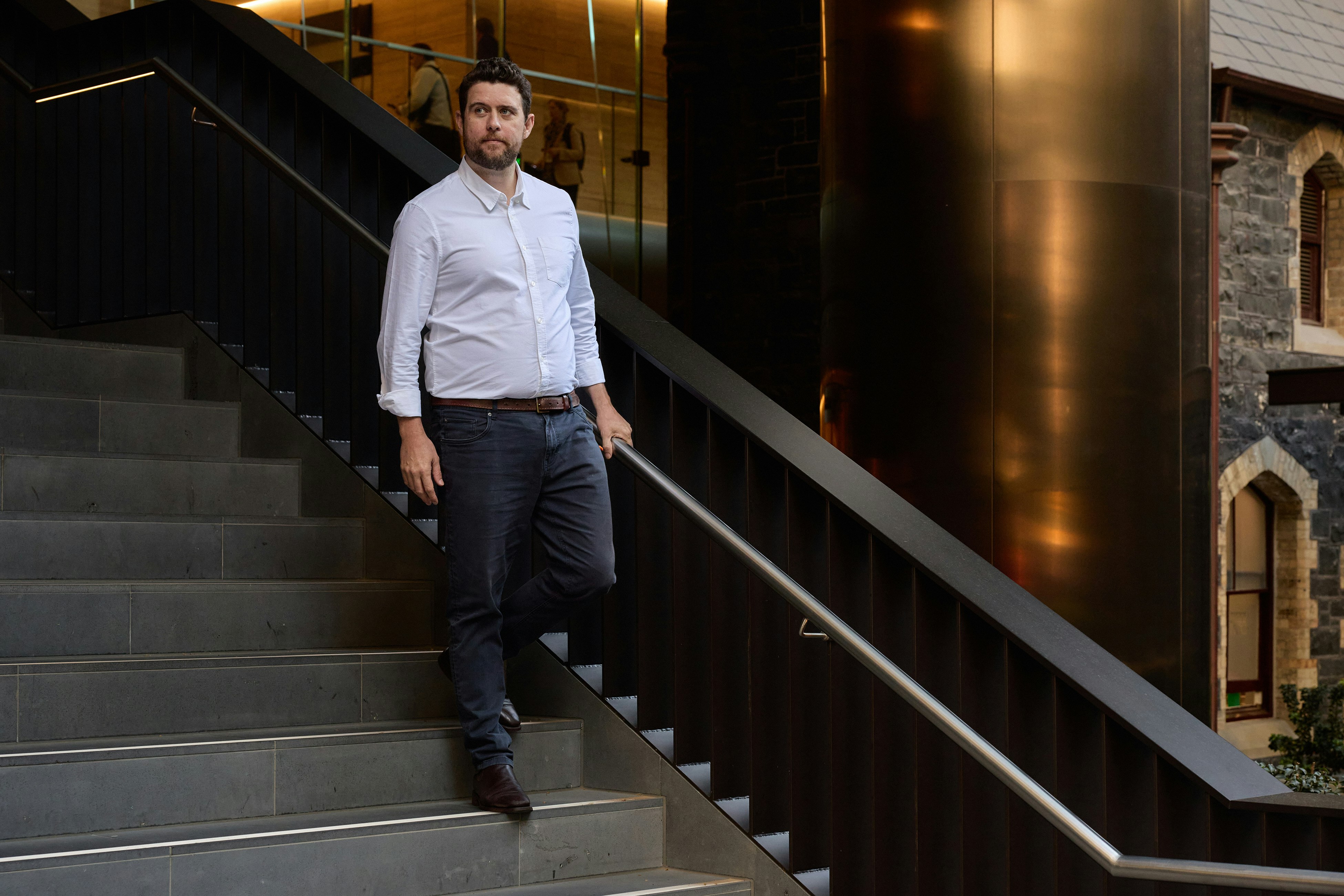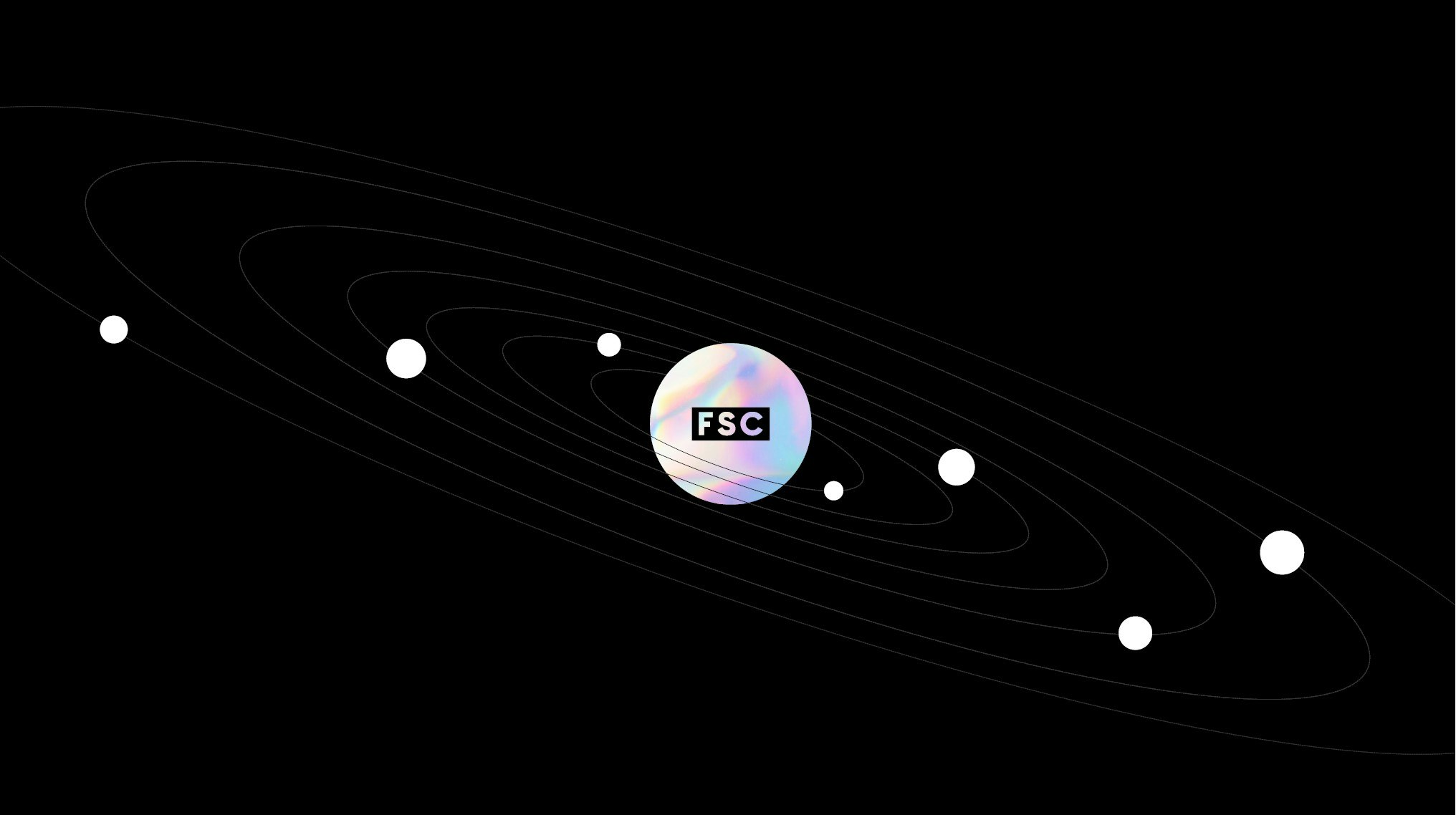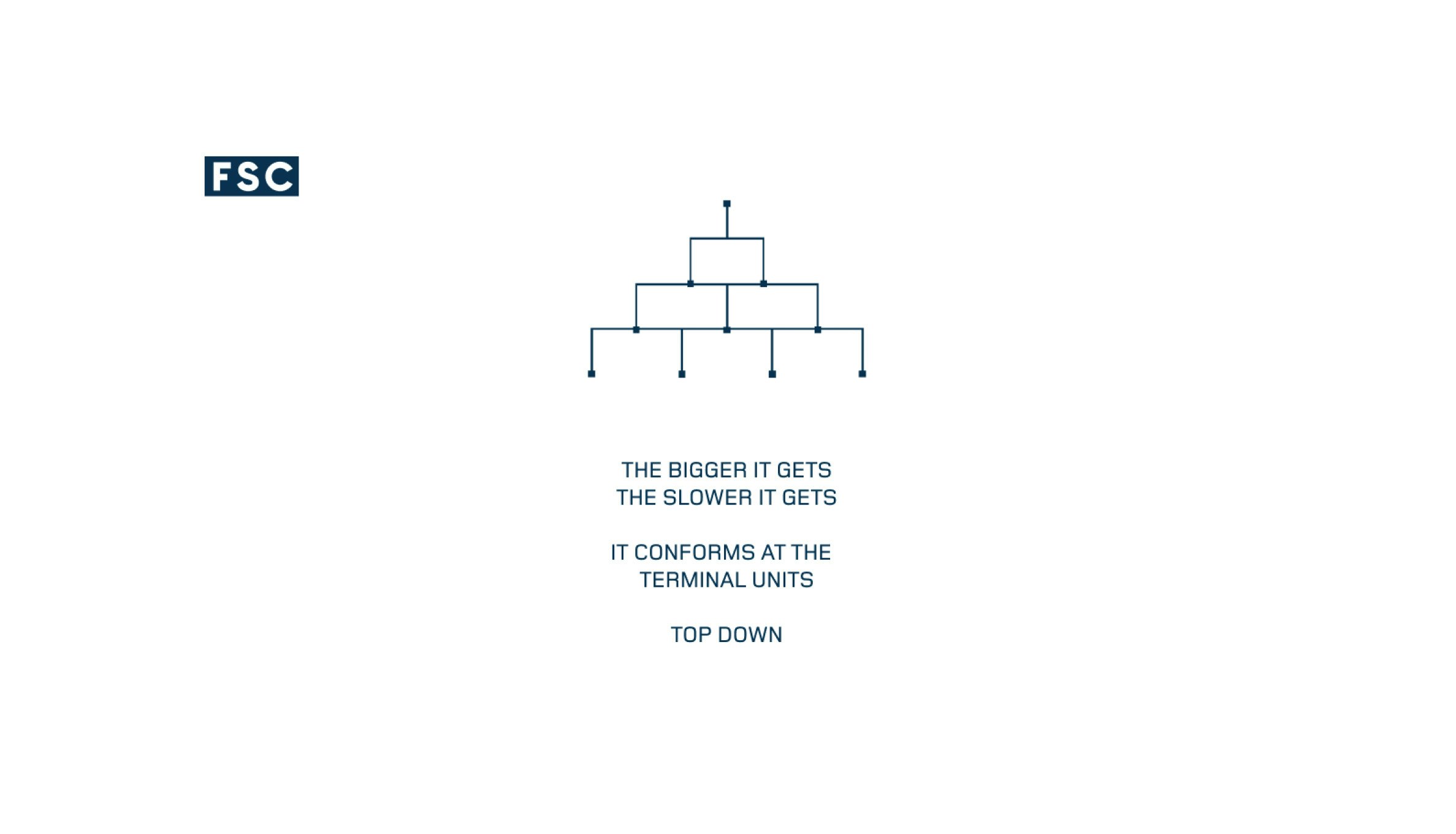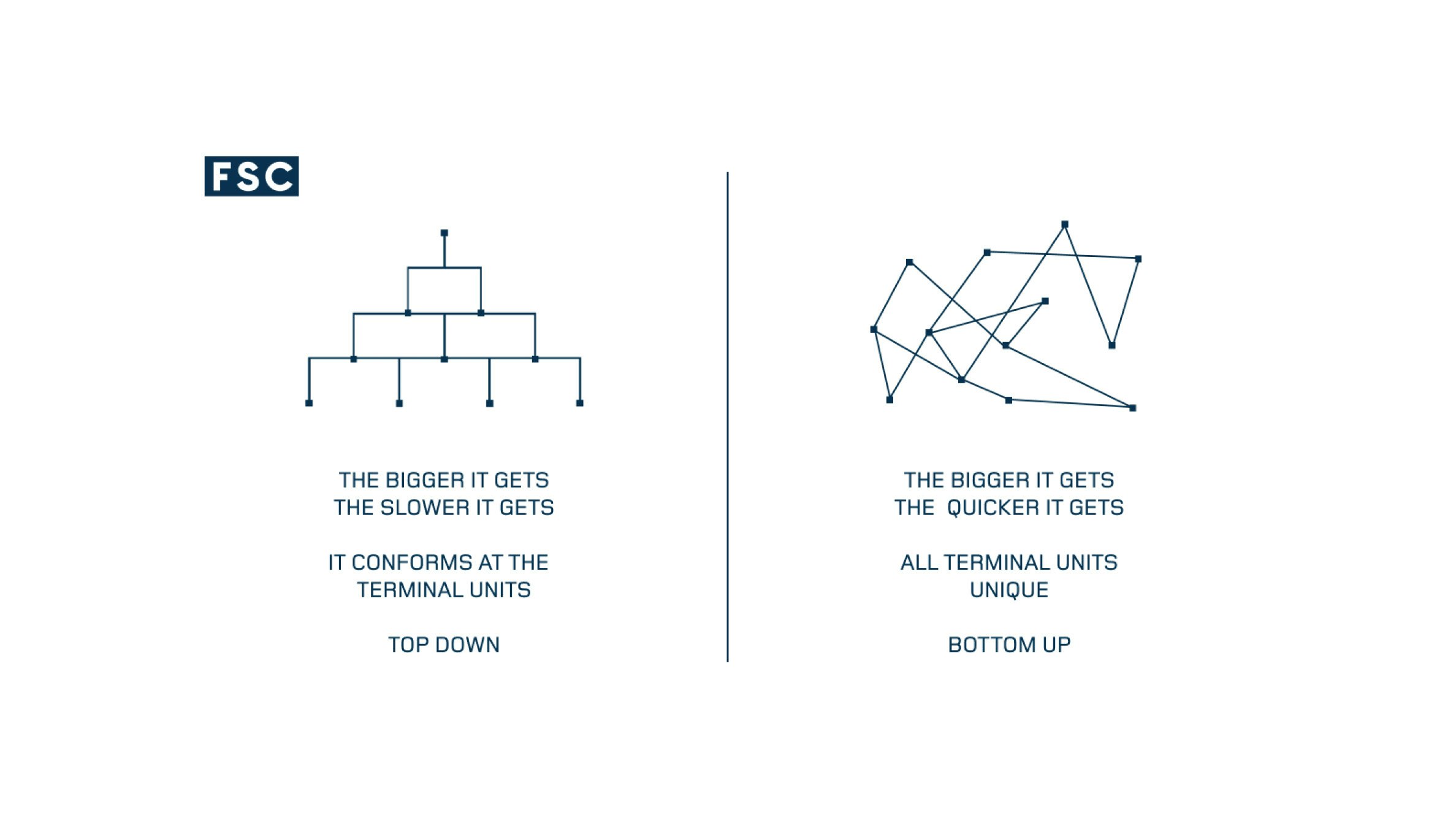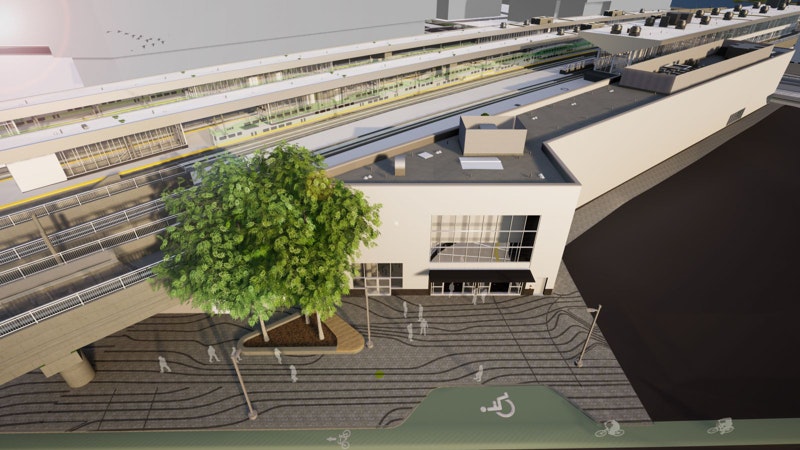Each node is unique and is able to come up with solutions and it gets faster as it gets bigger. This is a structure that we should use more and more for managing non-catastrophic risk.
The previous, top-down hierarchical structure creates extra pressure to all act the same way. Paradoxically, it is your unique difference, your divergence that you get rewarded for. It’s your unique ability to create value. So, diverging will create better project outcomes for your project, and it will help you become great at what you do.
How to diverge… without getting fired
So, diverging is great – but executing can be easier said than done. To start, we need to be able to understand risk profiles and adjust how we respond accordingly. To talk about this I want to contrast learning to play basketball with learning to perform brain surgery.
To learn how to play basketball, you wouldn’t sit in a lecture theatre, you’d go out on the court and play – this is a very effective way to learn. Now think about surgery. If you were going to teach me to do brain surgery, you wouldn’t tell me to scrub up and let’s go figure it out in the theatre! The risk is too high. In practice, we wouldn’t try a new harness idea that I came up with by repelling down a retaining wall on site without testing it first.
So the best way to learn and figure something out is by having an action bias, that is to have a tendency towards action instead of planning or procrastination. However, only where the risk is controlled. Most things are more like basketball or can be made to be that way than you think, so give it a go! But always cap the downside when you are trying to diverge.
Innovate to Diverge
So, we’ve designed our unique career, we’ve managed our risk and found our unique area of skill, now we need to know how to come up with new ideas. The answer is innovation. This is a massively overused word! Nevertheless, I want to try and simplify it and look at it in a slightly different way here.
It’s easiest to explain with a physical thing, but for most of us, this is going to be more relevant by looking at non-physical things like our approach to work and systems. The good news though, is that innovation is a team sport. We can work together to innovate and diverge.
Innovation happens when ideas have babies. Innovating is about combining old things with new things, or using something from one industry in another. Have a look at a car and think about all the combinations of different inventions that make the car what it is.
So, you can innovate your own skillset through learning and working with others. For me, an example was taking an 80’s approach to time management and adding this to Trello, a software program to dramatically increase my productivity.
As a leader, learn team design and lead innovation together by learning from other industries. The infrastructure industry can learn a lot from industries which have innovated faster than our own. At FSC, we’ve modelled our approach to delivering practical outcomes off a New York Restauranteurs approach to hospitality, with great results! You can also give attention to your methods of working, like using new technologies such as UAV survey equipment to make us more efficient. If you do these things, you will diverge.
A final thought
In my experience, creating the career you actually want comes down to these fives things;
- Define what success is for you
- Have an action bias where risk is low
- Innovate to diverge
- With your valuable skill set, use it to achieve your career design
- Have fun
I want to just emphasise that last point, as it’s easy to throw out there. The career you want will, for most of us, involve a fair bit of fun. Back to diverging, this should also be fun. Diverging, innovation and fun all go hand in hand. The opportunity to be creative, try new things, make mistakes and stumble across new innovations should all be exciting to you, so enjoy it! You’ll notice the more you do, the more you enjoy your career, and the work you do.
